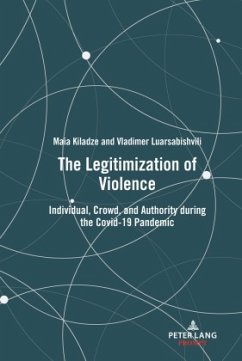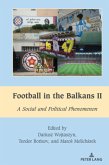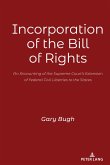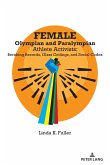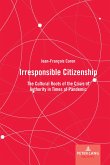This book examines the Covid-19 pandemic from a social, cultural and philosophical perspective. In a unique and innovative approach, it addresses its subject by recounting the authors' thoughts during the two long years of the pandemic, from 2020 to 2022. A pandemic reveals numerous tensions in society: forces that remain hidden during prosperous times, such as fear, violence, or the devaluation of human rights, emerge as significant factors during a social crisis. A pandemic is, therefore, useful as a phenomenon for studying human weaknesses and for evaluating the development of humanitarian crises when few people care about appearances, and there is little to hide because life itself is in the balance. This book will be of interest to students, researchers, and scholars of biomedical and social sciences, as well as those working in the fields of public health and political philosophy.
In exceptional circumstances (and the COVID-19 pandemic certainly was such an exceptional circumstance) many of the little balances and equilibria of social life are broken. One can then see how fragile the ethical norms that supposedly hold up our societies are, and on the other hand the fears and violence that are hidden in normal circumstances emerge into the light. That is the theme of this book, as controversial as it is interesting. Prof. Dr. Gerardo López Sastre University of Castilla-La Mancha, Spain The experiences from the Covid-19 pandemic have shown how seriously the freedoms and fundamental rights of individuals are at risk when governments cannot resist the temptation to respond to a health crisis with repressive measures that defy ethical and social norms previously accepted as immutable. The authors of this book express their deep concern about the increasing drift towards totalitarianism, even in democratic societies, under the pressure of mass panic fueled by politics and the media. Prof. Dr. Marco Kunz Université de Lausanne, Switzerland

